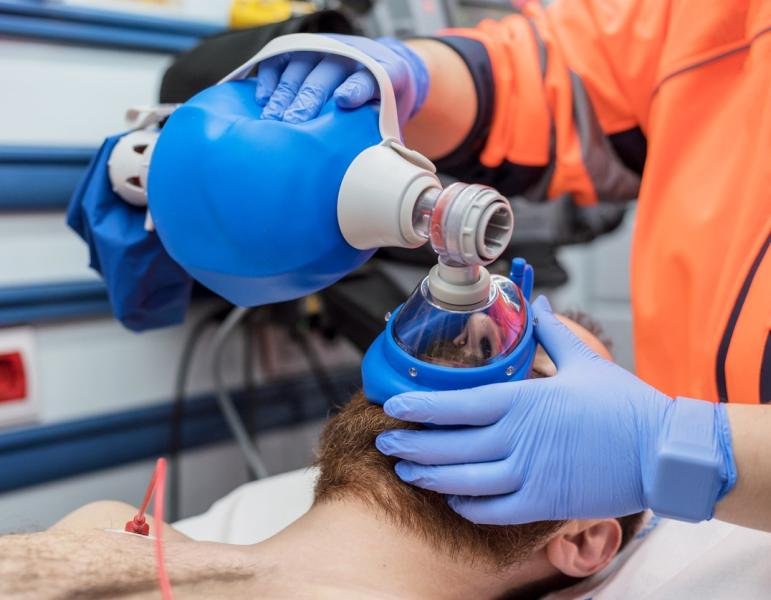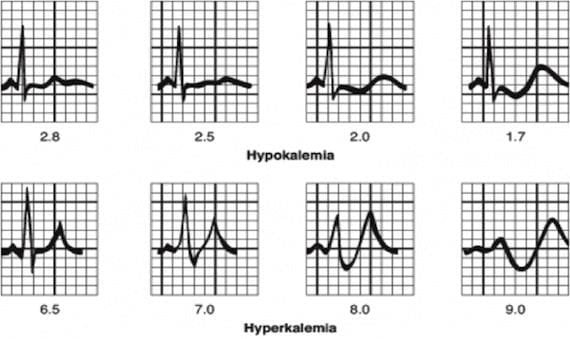
For providers, by providers.
Find all the latest research, articles, and other discussions on EMSAware below.
All About RSI: A Primer
In this article, we discuss the basics of rapid sequence intubation and the EMS providers’ role in the process. We discuss the pathophysiology, medications involved, and basic principles of RSI.
Mental Health Meds & EMS: A Refresher
In this article, we discuss the most common mental health medication classes, considerations for EMS providers, and major life threats such as neuroleptic malignant syndrome.
Prehospital Cocaine Toxicity: An Overview
In this article, we discuss the intricacies of acute cocaine toxicity management in the prehospital realm, including common signs and symptoms, medications involved, risk factors, and EKG changes.
Prehospital Emergencies: Testicular Torsion
In this article, we discuss the pathophysiology of testicular torsion, the prehospital recognition and management of it, and the in-hospital therapies available for these patients.
Diabetes & Hypoglycemia: Behind the Scenes
In this article, we discuss the pathophysiology behind hypoglycemia and its causes. We also discuss special cases such as alcohol-induced hypoglycemia, sepsis, and diabetic coma.
EKGs and What They Mean
This article is a long-form, easily accessible way to explore different EKG patterns and their pathophysiology. Last updated 6/16/2023.
Increased Intracranial Pressure: The Basics
In this article, we discuss the basics of intracranial pressure issues, the EMS management of said issues, the pathophysiology behind principles such as the Monro-Kelli doctrine and uncal herniation, and the latest research in trauma care.
Epinephrine in Cardiac Arrest: Outdated?
In this article, EMSAware discusses the background on research cardiac arrest literature and the contested role that epinephrine plays in resuscitation. This article focuses heavily on the UK-based PARAMEDIC2 trial.
Potassium & The Heart: Hypo/Hyperkalemia
In this article, we review the pathophysiology, findings, and treatment options available for potassium electrolyte imbalances - including hyperkalemia and hypokalemia.
Medication Review: Statin Class
In this article, we discuss hypercholesterolemia, the mechanism of action of statin class drugs, populations that are most commonly described statin drugs, and considerations for healthcare providers when treating patients taking statin drugs.











